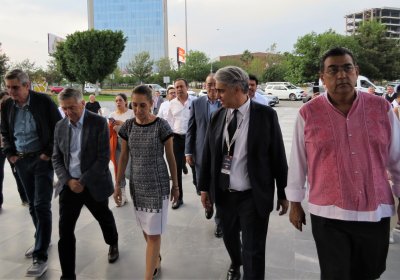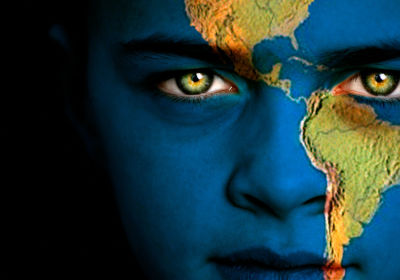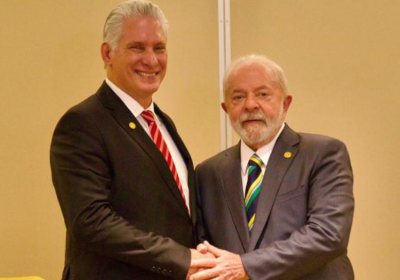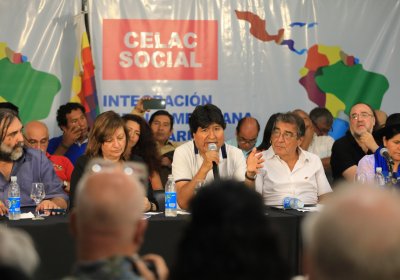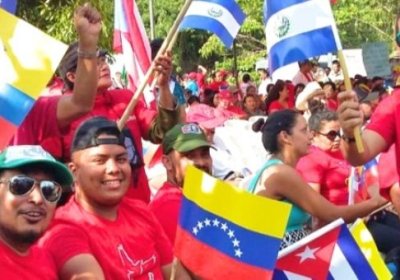Progressive leaders from Latin America gathered in Mexico on September 30, to discuss further regional integration, combating climate change, a regional currency and opposing sanctions. Tamara Pearson reflects on the contrasts with earlier gatherings at the height of the "Pink Tide".
Community of Latin American and Caribbean States (CELAC)
Peoples Dispatch / Globetrotter News Service reports that the leaders of 11 Latin American and Caribbean countries took part in a virtual summit against inflation, on April 5, called by Mexican President Andrés Manuel López Obrador (AMLO).
CELAC member countries signed the Buenos Aires declaration to make Latin America and the Caribbean a community of sovereign nations, reports Tanya Wadhwa.
Movement leaders from across Latin America and the Caribbean meet ahead of CELAC summit in Argentina
More than 300 leaders of social organisations, unions and people’s movements from across Latin America and the Caribbean gathered ahead of the CELAC meeting, reports Fernanda Paixão.
Venezuelan Foreign Minister Delcy Rodriguez and other ministers from the region kicked off a special session of the Community of Latin American and Caribbean States (CELAC), on May 2 in San Salvador to discuss recent violence in the South American country.
